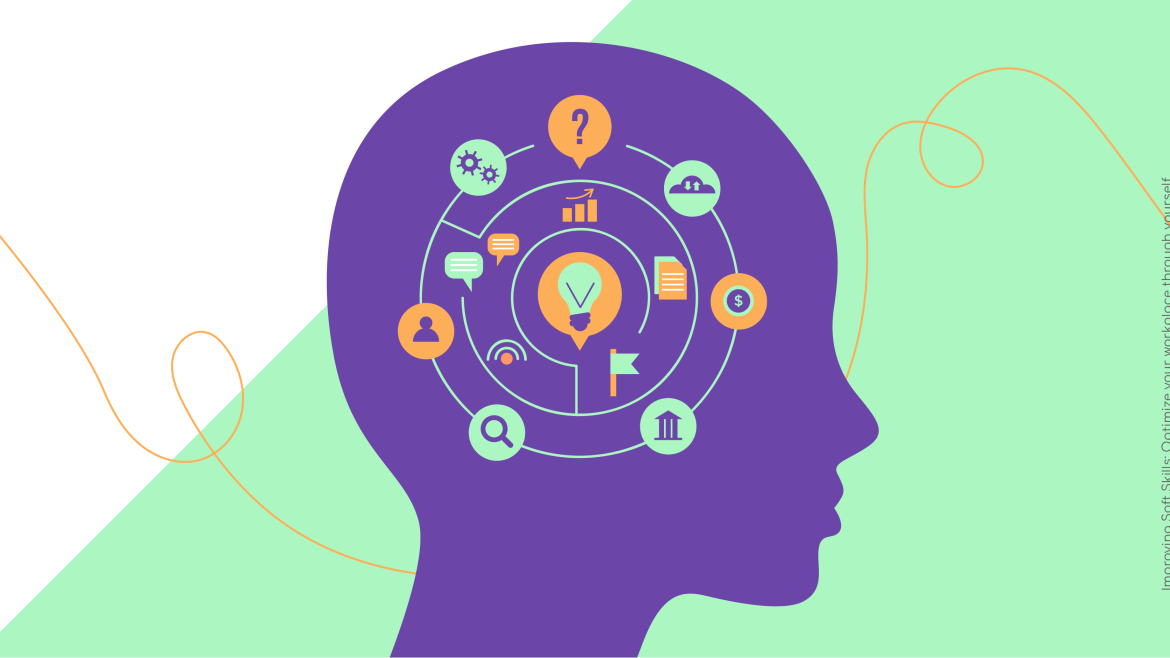Overview:
People’s interest in time and understanding of successful communication methods and how to deal with the management of emotions and feelings has increased, due to the increasing expectations of organizations and individuals for what their employees should achieve. This course provides a deep understanding of how to deal effectively with work stress of all kinds. It also gives trainees a deep understanding of the negotiation process and develops new practical skills that allow them to plan, manage and execute negotiations in a highly effective manner. Skills of dealing with different types of people create self-confidence and a greater ability to persuade and influence others, so it has become important to train on effective communication methods and how to overcome communication obstacles and know the qualities of a good sender and a good message, whether oral or written. Emotional intelligence also plays a role in raising awareness of our own feelings and those of others and understanding how to deal with managing emotions and feelings.
Objectives:
The course will explorer in-depth time management, negotiation, Communication skills and Emotional intelligence.
Learning Outcomes:
At the end of this course, participants will be able to:
- Identify and reduce the stress
- Develop effective ways to manage time
- Increase performance and motivation at work
- Improve health and moral
- Positive impact on team performance
- Introduce participants to the types, patterns and elements of the communication process as well as to the basic premises of communication.
- Introduce participants to the Davis model of communication
- Gain insight into their strengths and weaknesses as negotiators, and gain personal feedback to improve performance.
- Learn how to negotiate effective agreements that identify, create, and obtain value.
- Develop a set of practical negotiation skills and strategies that can be used in a variety of situations.
- Gain confidence through the ability to plan, implement and deliver effective negotiation outcomes.
- Understand Workforce Changes 2010 (Changing Career Models)
- Clarify what is meant by emotional intelligence
- Recognize the Golman model of emotional intelligence / basic skills of emotional intelligence
- Theory of Multiple Intelligence
Outline:
Week 1: Time Management
- Introduction to Time Management
- Analysis Of the Use of Time
- Deciding What to Do with Your Time
- Barriers to Time Management:
- Distracters
- Physical barriers
- People barriers
Week 2: Negotiation Skills
- Characteristics of the bargaining position.
- The main principles of effective negotiation and deal-making skills.
Week 3: Emotional Intelligence
- Workforce 2010 (changing professional models)
- What is meant by emotional intelligence
Goleman’s Emotional Intelligence Model/Basic Emotional Intelligence
Week 4: Communication Skills
- Introduction
- Introduction to the concept of communication
- Effective Communication
- Communication levels and trends
- Communication Barriers

